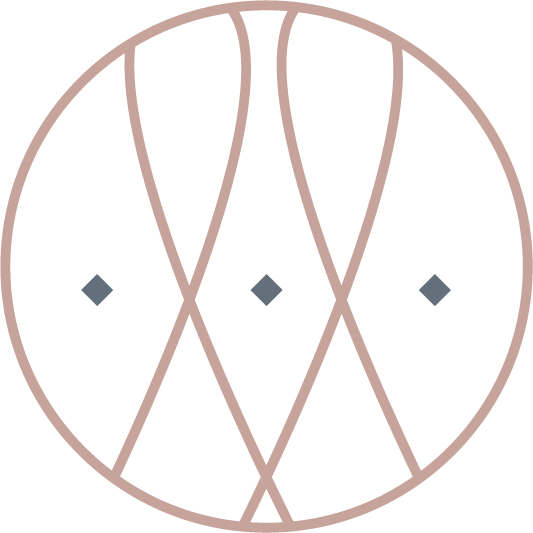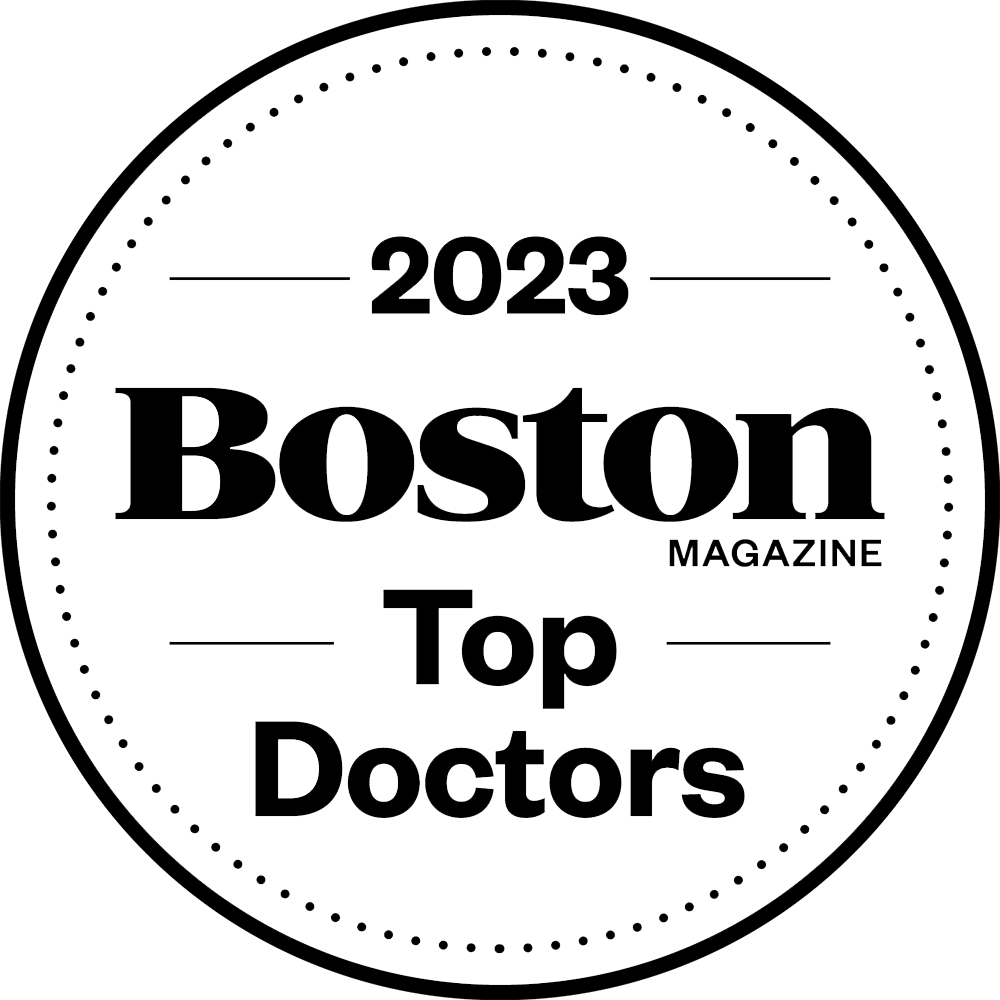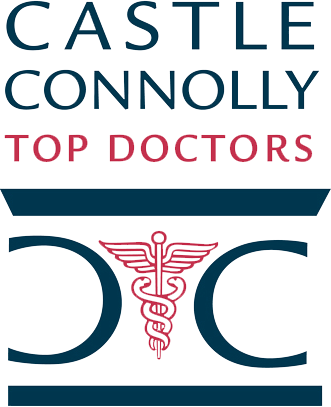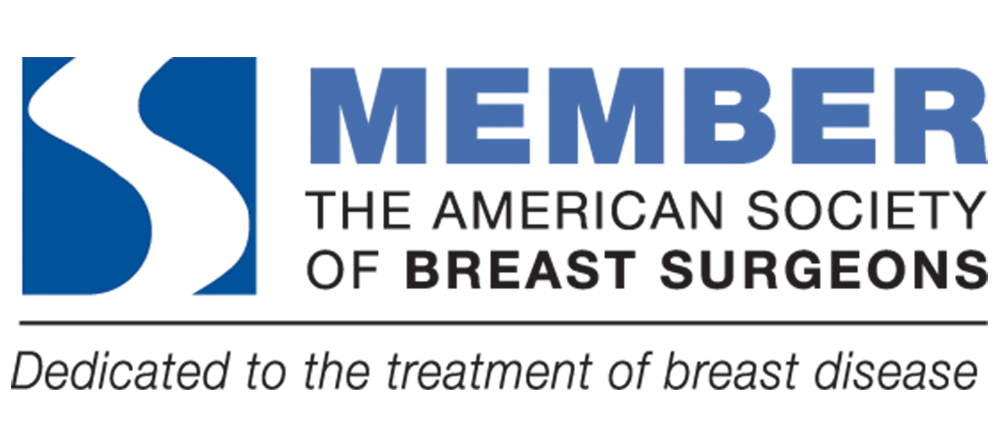Studies show that 5% to 10% of all breast cancers are hereditary, caused by a gene change (mutation) passed down from a parent. Hundreds of genes are associated with breast cancer, but some of them play a bigger role in increasing the risk of breast cancer. Having an inherited gene mutation doesn’t mean you will surely develop breast cancer — it means you have a higher risk.
Different gene mutations are passed down in different forms. BRCA1 and BRCA2 gene mutations, for example, are passed down in an autosomal dominant pattern, which means inheriting even one bad gene from one parent increases the risk of gene mutation. Gene testing can help you determine if you have certain high-risk gene mutations. Below, we highlight some of the common breast cancer gene mutations.






